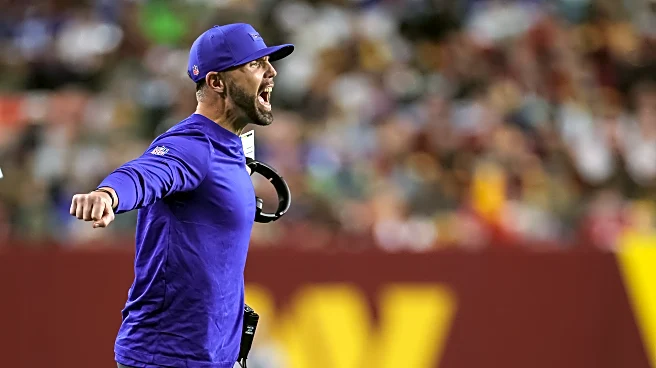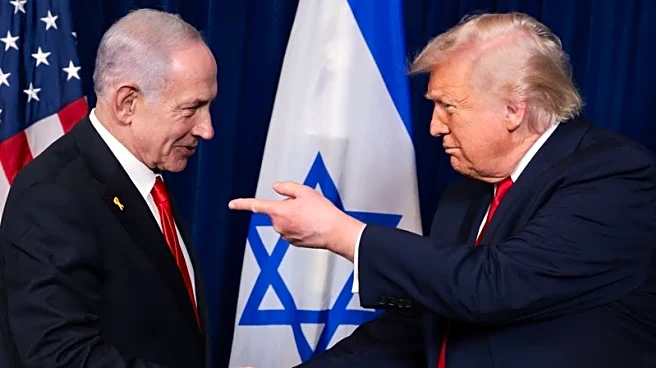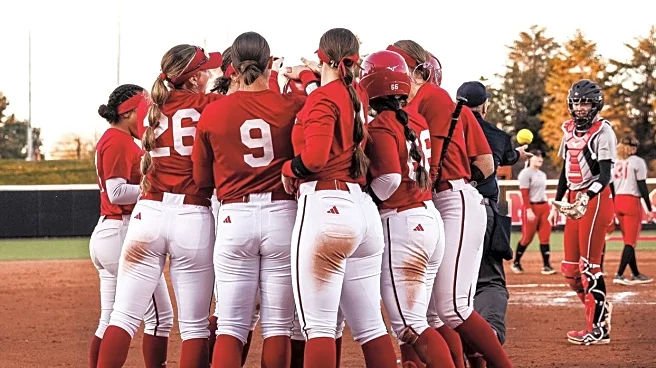What's Happening?
Gun Owners of America (GOA), a prominent Second Amendment advocacy group, has filed a lawsuit aiming to overturn key provisions of the National Firearms Act (NFA). The NFA, established in 1934, imposes registration and a $200 tax on machine guns, silencers, and short-barreled rifles and shotguns. The GOA's lawsuit follows the signing of a budget bill by President Trump, which reduced the tax on suppressors and short-barreled firearms to $0 but left registration requirements intact. The GOA argues that these restrictions are unconstitutional and has garnered support from 15 Republican-led states and other gun rights groups, including the NRA.
Why It's Important?
The lawsuit represents a significant challenge to one of the United States' longstanding gun control laws. If successful, it could lead to a substantial deregulation of firearms, particularly suppressors and short-barreled guns, which are currently subject to strict controls. This move is part of a broader trend among gun rights groups advocating for an absolutist interpretation of the Second Amendment, potentially reshaping the landscape of gun legislation in the U.S. The outcome of this legal battle could have far-reaching implications for public safety, gun ownership rights, and the firearms industry.
What's Next?
The legal proceedings will likely continue to unfold, with potential implications for the NFA's future. Gun control advocates are concerned about the possible loosening of restrictions on firearms, including machine guns, although current lawsuits do not challenge machine gun regulations. The GOA has indicated plans to pursue further legal action to legalize machine guns, suggesting ongoing litigation and political debate. The courts' decisions could set precedents affecting future gun legislation and regulation.
Beyond the Headlines
The push to repeal the NFA reflects broader cultural and political shifts within the U.S., where gun rights have become a central issue for many conservative groups. The growing influence of organizations like the GOA highlights a shift towards more extreme positions on gun rights, challenging traditional gun control measures. This development may also influence public discourse on the balance between individual rights and public safety, as well as the role of government in regulating firearms.










